FCC : Future Circular Collider study and European Circular Collider (EuroCirCol) project
The Future Circular Collider (FCC) design study explores options for accelerator projects in a global context, with emphasis on proton-proton and electron-positron high-energy frontier machines. These design studies are coupled to a vigorous accelerator R&D programme, including high-field magnets and high-gradient accelerating structures, in collaboration with national institutes, laboratories and universities worldwide.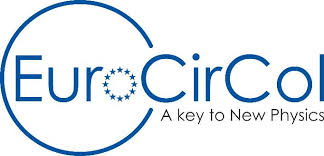
The FCC study is strongly supported by the EuroCirCol H2020 project. The goal of EuroCirCol is to conceive a post-LHC research infrastructure around a 100 km circular energy-frontier hadron collider capable of reaching 100 TeV collisions. EuroCirCol is organised around four technical work packages: the first two develop the collider’s lattice and beam optics including the experimental regions. A third develops prototypes and tests a novel cryogenics beam vacuum system that can respond to the challenges of high synchrotron radiation expected at such a collider. This work also pioneers collaboration between the particle physics and light source communities, with opportunities to improve existing synchrotron-radiation facilities and to reduce cost and performance of fourth- or fifth-generation light sources. The last work package studies a viable design for a 16 tesla accelerator magnet as part of a world-wide study of conductor R&D for the HL-LHC project and the FCC. The EuroCirCol project creates opportunities for doctoral and post-doctoral assignments in the areas of beam optics and accelerator technologies in the participating institutes and provides excellent training opportunities for the next generation of accelerator physicists under the guidance of worldrenowned experts in the field.
The European Circular Energy-Frontier Collider Study (EuroCirCol) project has received funding from the European Union's Horizon 2020 research and innovation programme under grant No 654305. EuroCirCol began in June 2015 and will run for 4 years. The information herein only reflects the views of its authors and the European Commission is not responsible for any use that may be made of the information.

How fundamental science is changing our world
Global FCC study discussed benefits of discovery science to society and industry at Symposium “Particle Colliders – Accelerating Innovation”
Academia-industry collaboration drives innovation
Co-innovation workshop focused on strategic R&D programme of future collider and the benefits for industry in terms of project involvement and product commercialisation.
Seamless accelerating cavities
Superconducting radiofrequency accelerating cavities are the heart of modern particle accelerators and one of the key challenges for the FCC study.
FCC collaboration publishes its Conceptual Design Report
FCC study publishes a conceptual design report demonstrating the feasibility of the different options explored for post-LHC circular colliders.
Quadrupole magnets for FCC-ee
First tests of a twin quadrupole magnet for FCC-ee took place last summer in CERN's new magnetic measurement laboratory.
Advancing superconductivity for future magnets
Collaboration between researchers and industry is key for unlocking the potential of this technology.
A big step towards the superconducting magnets of the future
FRESCA2 reaches an important milestone, a magnetic field of 14.6 T a record for a magnet with a “free” aperture
The first 802 MHz prototype cavities for CERN’s future circular collider
JLab and CERN collaborate in the development of novel superconducting radio frequency (SRF) accelerator structures for future high-performance circular machines.
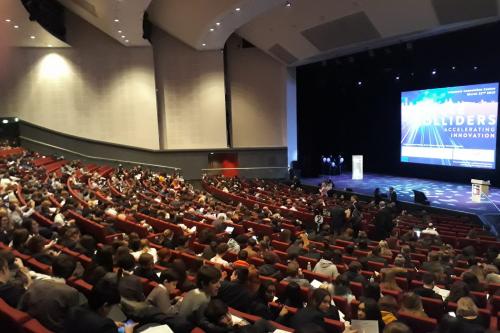
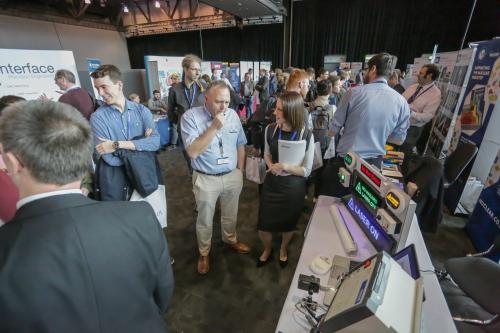
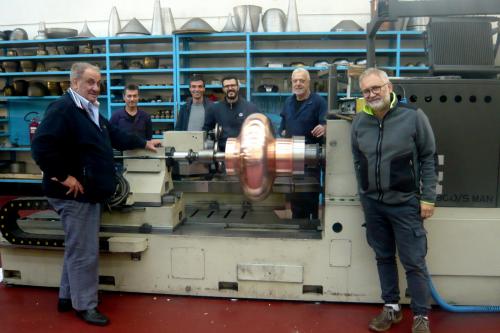
.jpg%3Fitok=wh0-H1R1)
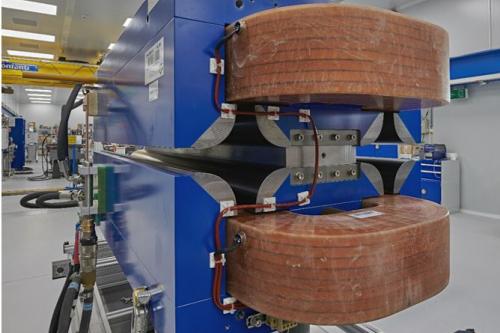
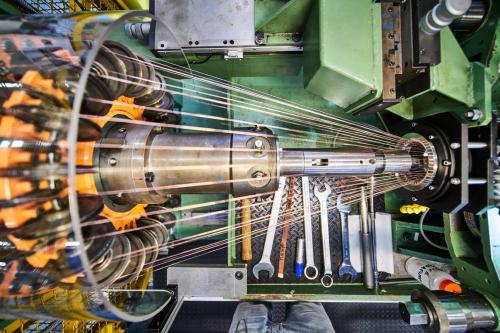
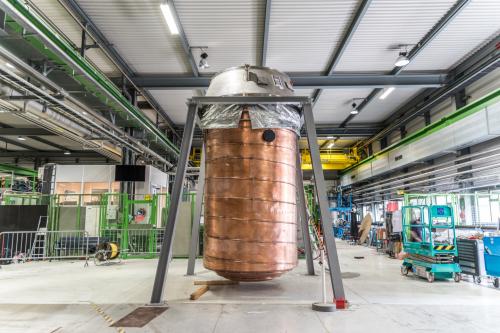
.jpg%3Fitok=LmhssBWj)